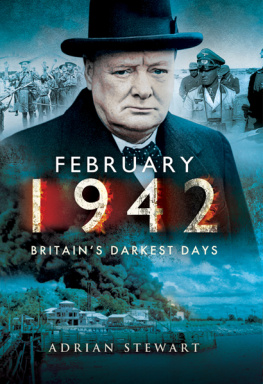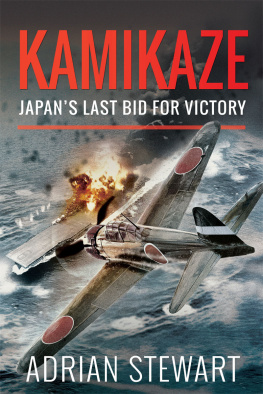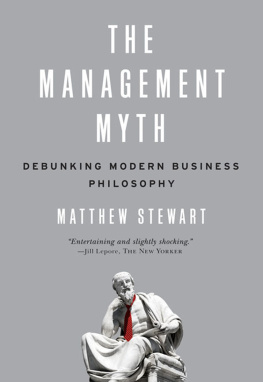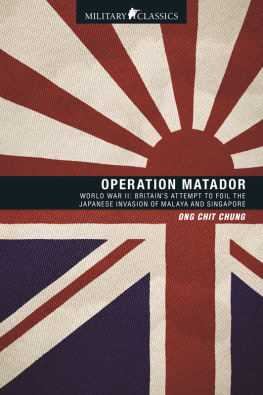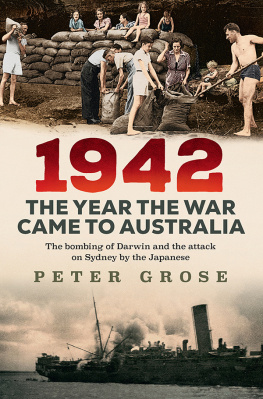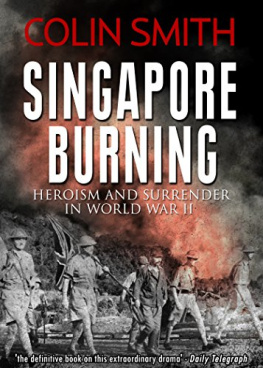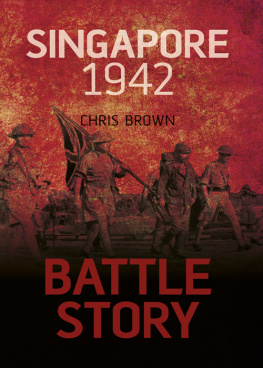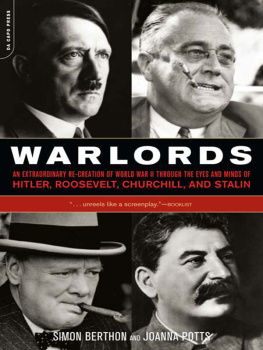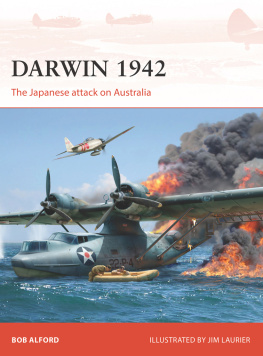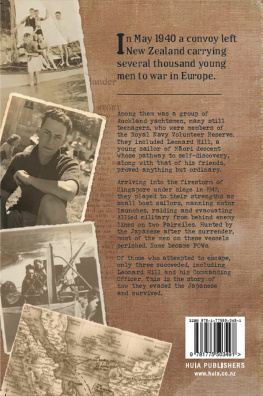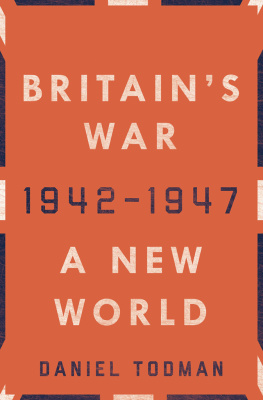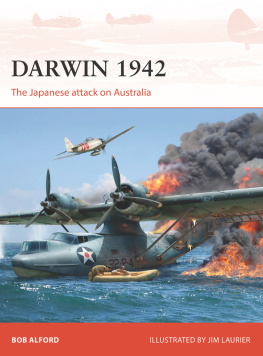Dedication
To Judith and Craig.
Heres hoping for many happy returns.
First published in Great Britain in 2015 by
PEN & SWORD MILITARY
an imprint of
Pen & Sword Books Ltd
47 Church Street
Barnsley
South Yorkshire S70 2AS
Copyright Adrian Stewart, 2015
ISBN: 978 1 47382 115 6
PDF ISBN: 978 1 47387 393 3
EPUB ISBN: 978 1 47387 392 6
PRC ISBN: 978 1 47387 391 9
The right of Adrian Stewart to be identified as the author of this work has been asserted by him in accordance with the Copyright, Designs and Patents Act 1988.
A CIP catalogue record for this book is available from the British Library.
All rights reserved. No part of this book may be reproduced or transmitted in any form or by any means, electronic or mechanical including photocopying, recording or by any information storage and retrieval system, without permission from the Publisher in writing.
Typeset in Ehrhardt by Chic Graphics
Printed and bound in England
by CPI Group (UK) Ltd, Croydon, CR0 4YY
Pen & Sword Books Ltd incorporates the imprints of
Pen & Sword Archaeology, Atlas, Aviation, Battleground, Discovery, Family History, History, Maritime, Military, Naval, Politics, Railways, Select, Social History, Transport, True Crime, Claymore Press, Frontline Books, Leo Cooper, Praetorian Press, Remember When, Seaforth Publishing and Wharncliffe.
For a complete list of Pen & Sword titles please contact
PEN & SWORD BOOKS LIMITED
47 Church Street, Barnsley, South Yorkshire, S70 2AS, England
E-mail:
Website: www.pen-and-sword.co.uk
Contents
Maps
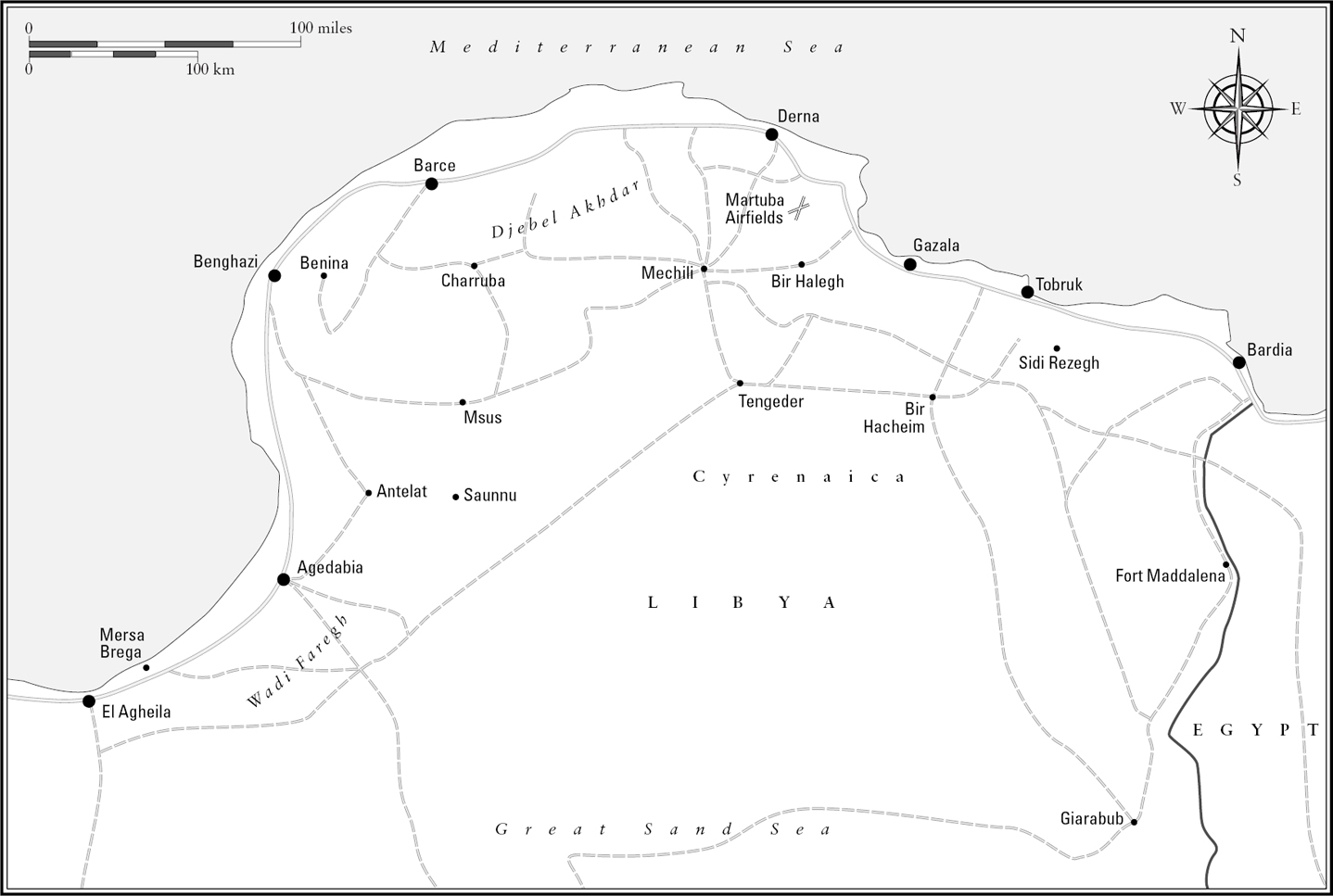
The return of Rommel.
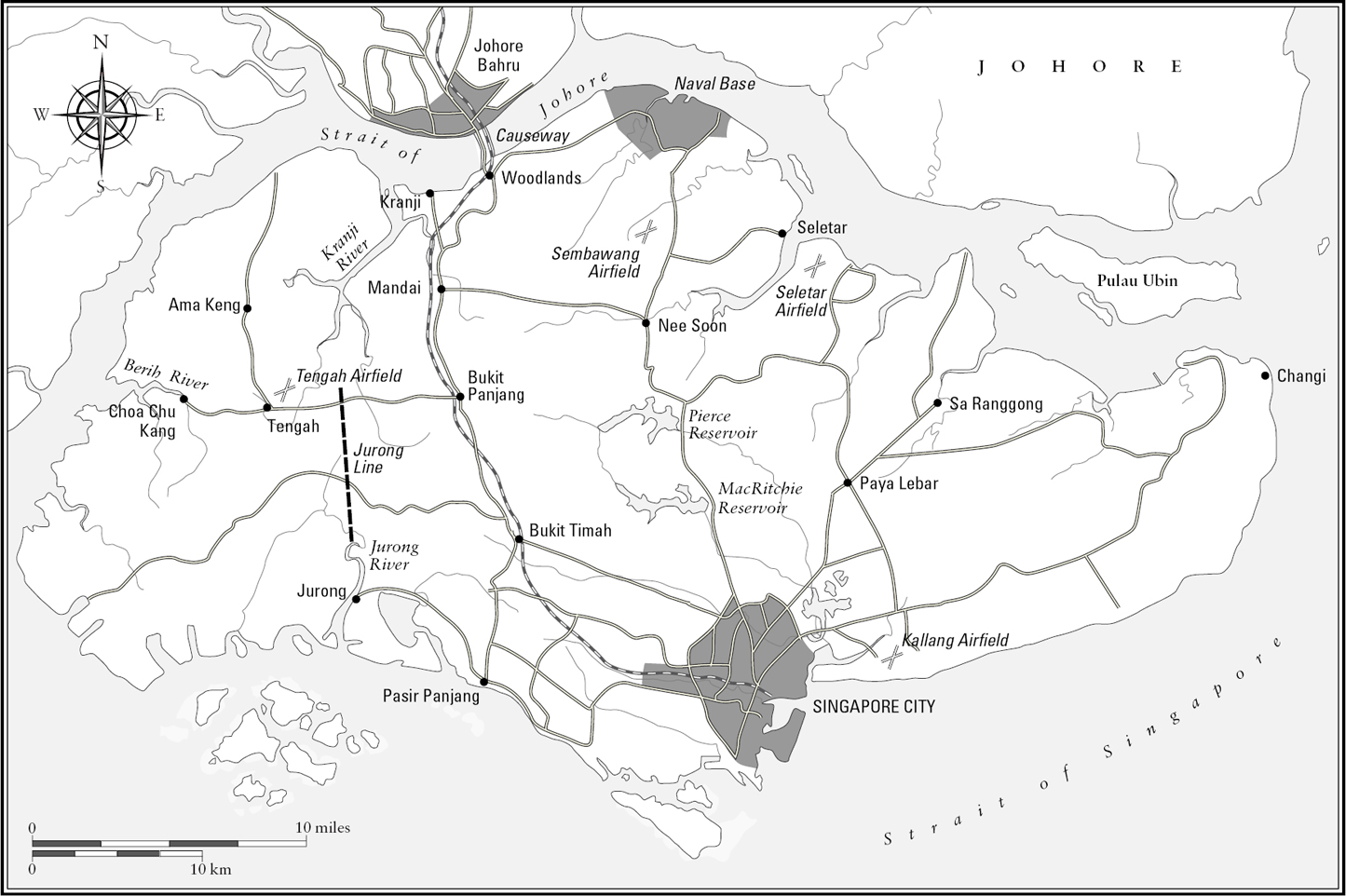
Singapore Island.
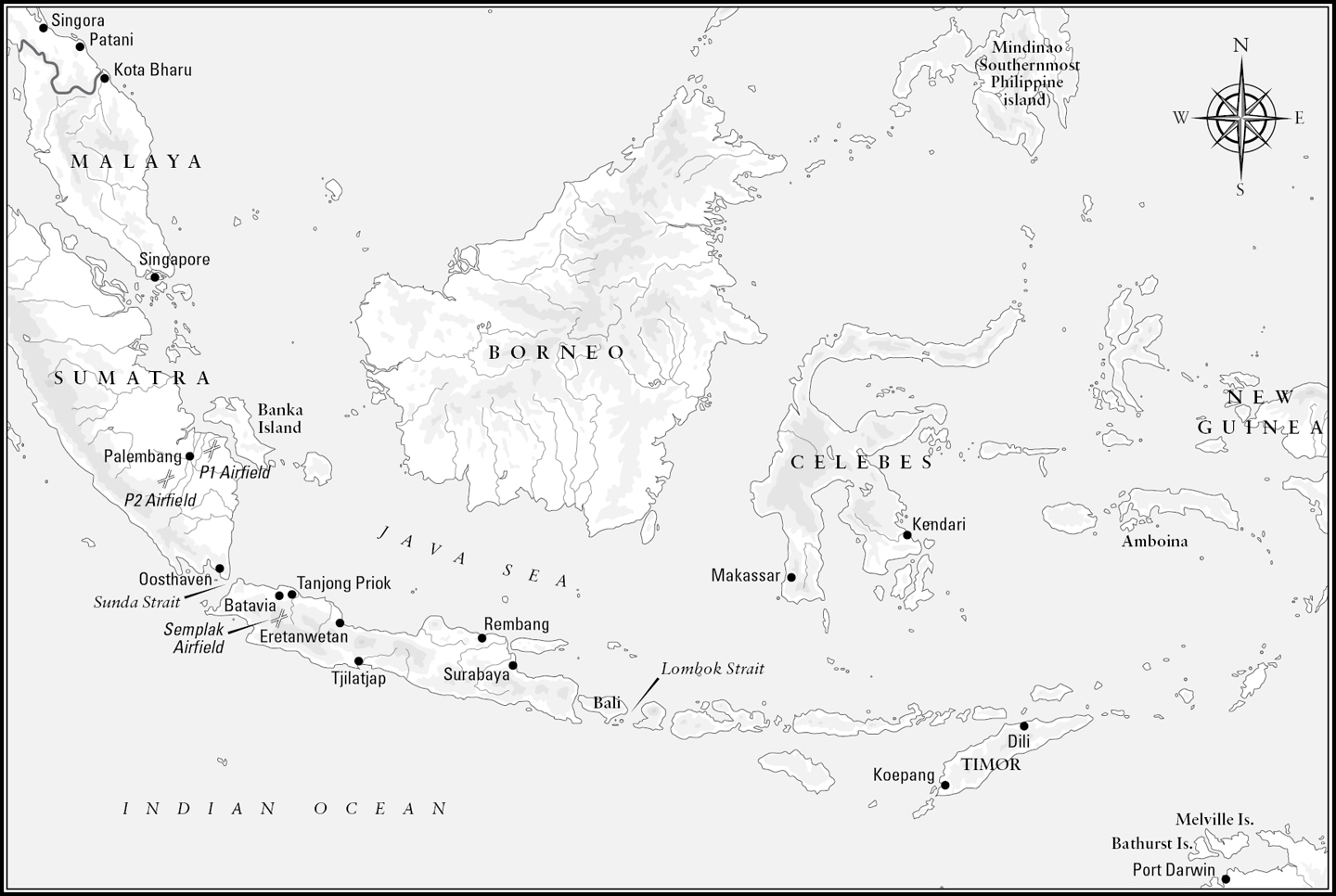
The East Indies and the approaches to north-western Australia.
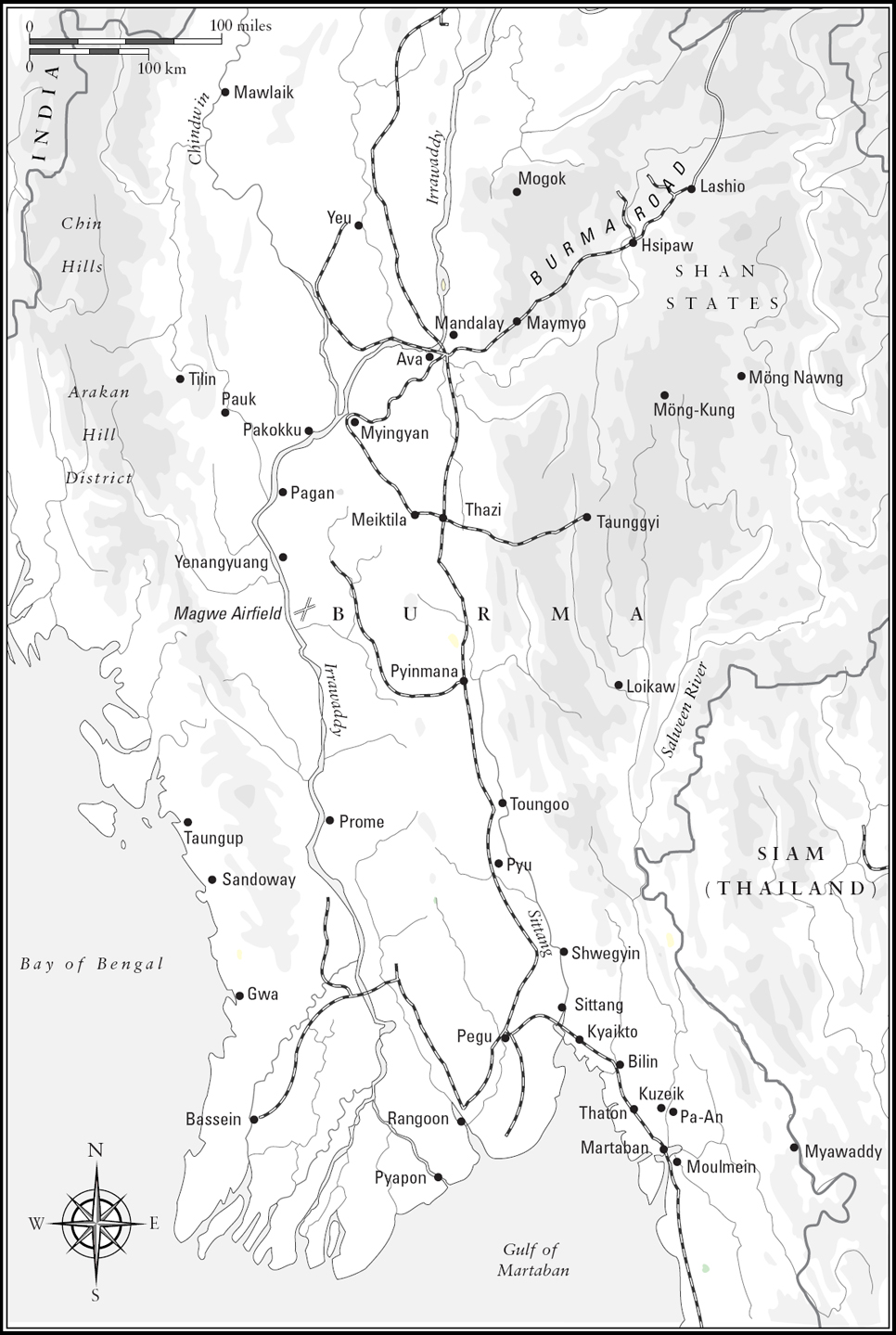
The Japanese invasion of Burma.
Acknowledgements
I am glad to have the opportunity to express my gratitude and appreciation to a number of kind and necessary helpers. To Brigadier Henry Wilson and his team at my publishers, Pen & Sword Books Limited, especially my indispensable liaison officer, Matt Jones. To Andrew Hewson and his team at my Agents, Johnson & Alcock Limited, who advice was particularly valuable this time round. To my indefatigable editor and proof reader, Pamela Covey, who had a lot to put up with. To Sylvia Menzies-Earl, who as usual did me proud in her preparation of the manuscript. To Philip Fisher and the staff of the Birmingham Institute & Library, and the staff of the Taylor Library who provided the photographs. To the authors and publishers of the works mentioned in the Bibliography, particularly Sir Winston Churchill, whose history of The Second World War has to be the starting point for all research on that subject. Thank you all very much.
Chapter 1
The Background
P resident Franklin Roosevelt must have had difficulty believing his eyes. He had received a letter from Winston Churchill that showed the prime minister, for so long the inspirer and symbol of Britains defiance in the face of adversity, to be deeply pessimistic. It began with a most uncharacteristic lament: When I reflect how I have longed and prayed for the entry of the United States into the war, I find it difficult to realise how gravely our British affairs have deteriorated by what has happened since December 7 [1941]. It mentioned British setbacks in North Africa and the Far East, the increasing danger to Malta, and the problems caused by a shortage of shipping. It warned that other misfortunes will come thick and fast upon us.
Admittedly the prime minister did state that All can be retrieved in 1943 and 1944 though an earlier (and later) Churchill would have said will be retrieved but even then he felt compelled to add that in the meantime there would be very hard forfeits to pay. That Roosevelt was concerned by the tone of Churchills message is shown by the fact that shortly afterwards, he sent his friend and ally an exhortation to keep up his optimism and his driving force, tactfully veiled under a declaration that he knew this would be the case. It was not an admonition that anyone had ever needed to make to Churchill previously.
Yet Churchill had every reason for being despondent. He had written to Roosevelt on 5 March 1942 and the previous February had been a dismal catalogue of Allied, and particularly British, disasters in every theatre of war. The two months before February had been bad enough but they had at least brought some important achievements to set against the calamities.
Thus the most vital factor in December 1941 for the people of Britain and for Churchill in particular was, undoubtedly and rightly, the knowledge that, following the Japanese attack on Pearl Harbor on the 7th, the vast industrial power of the United States would be fully committed on their side. We had won after all! declared the exultant prime minister. We are all in the same boat now, Roosevelt remarked more soberly. Such was the joy and relief that little time was spent in reflecting that if Britain had gained an invaluable ally, she had also acquired a new and formidable foe.
Undoubtedly the main reason for this was that neither the armed services nor the general public had any idea of just how formidable their new foe was. Air Chief Marshal Sir Robert Brooke-Popham, Commander-in-Chief, Far East, had visited Hong Kong in 1940, at which date the Japanese were in occupation of the adjoining Chinese mainland. He scornfully described the Japanese troops stationed on the frontier as sub-human specimens dressed in dirty grey uniform and announced that Hong Kong could hold out for at least six months if attacked. General Sir Archibald Wavell, who was Commander-in-Chief, India at the time of Pearl Harbor, considered that Japanese soldiers were very little superior to the Italians whom he had defeated in North Africa and especially liable to be confused by bold counter-offensive.
Such views could and should have been corrected by good Intelligence but this was completely lacking. The Far Eastern Combined Intelligence Bureau at Singapore, under Admiralty control but receiving and supplying information from and to all three armed services, was contemptuous of the Japanese armys equipment, training and leadership, and considered that its soldiers had been grossly flattered as to their fighting efficiency by the feeble opposition available in China. For good measure it added that they did not like night-fighting and, with a rather horrible irony considering how often they would outflank and outmanoeuvre British and Commonwealth troops in Malaya and Burma, that they preferred to advance along main roads.
Opinions about the Japanese navy were less optimistic but again were the standard equipment of Japanese flat-tops.
Of all the Japanese forces, though, the Imperial Army Air Force was the most underrated. James Leasor in Singapore: The Battle that Changed the World remarks that the general opinion in Malaya was that the Japanese aircraft were made of rice-paper and bamboo shoots. No doubt this was merely a witticism that would shortly prove most unamusing but even official publications solemnly related that the Japanese were no more than imitators and their aircraft were mere copies of Western ones and some five years out of date, much as would later be said of Japanese cars and motor-cycles, though not by those who owned them.
Next page
